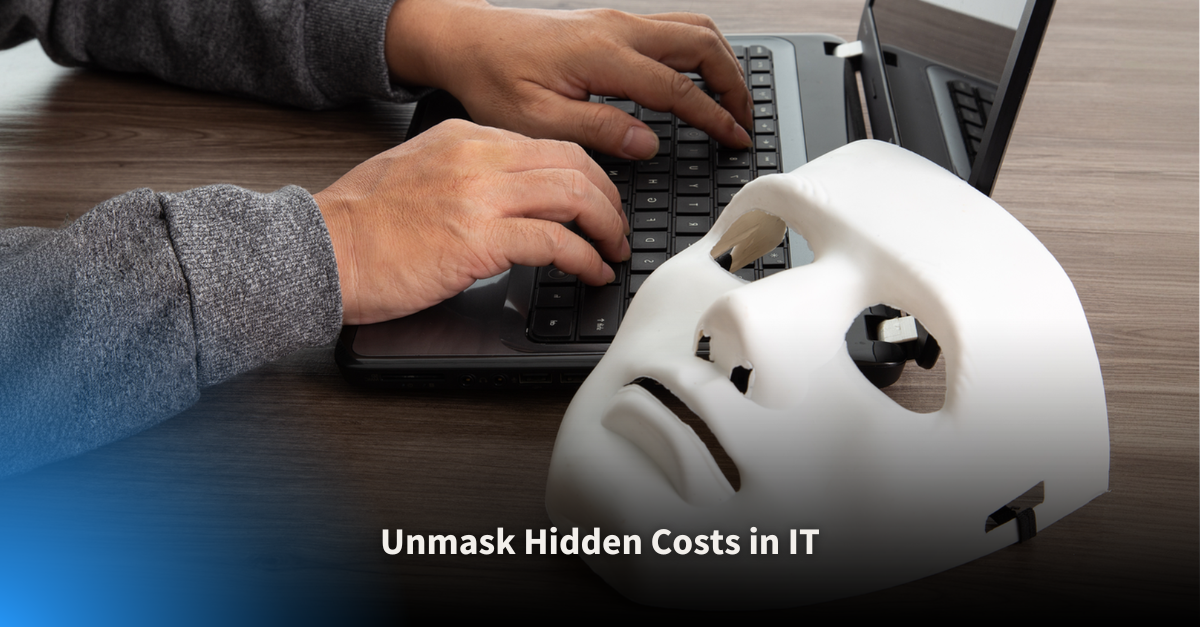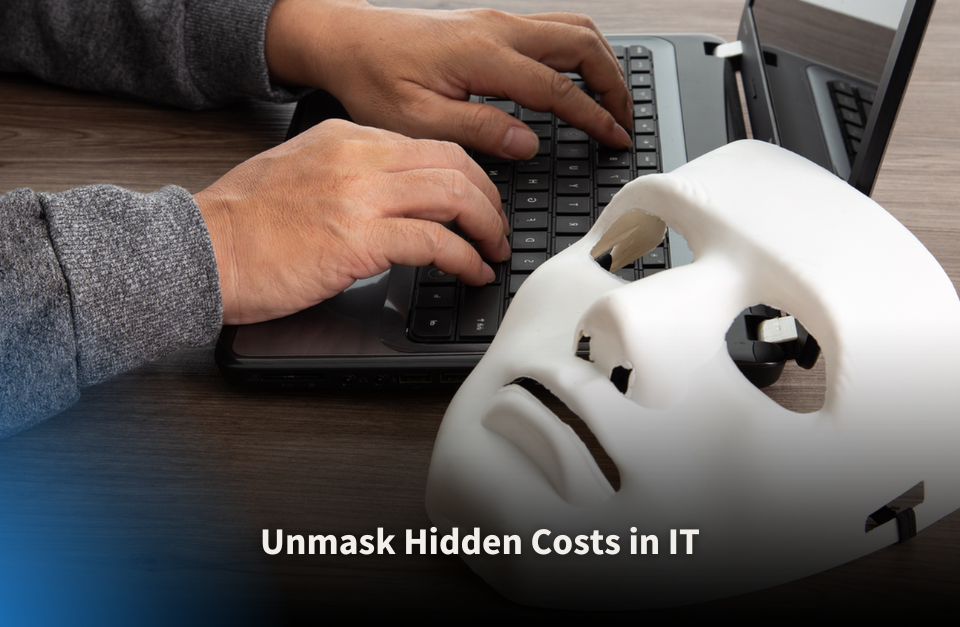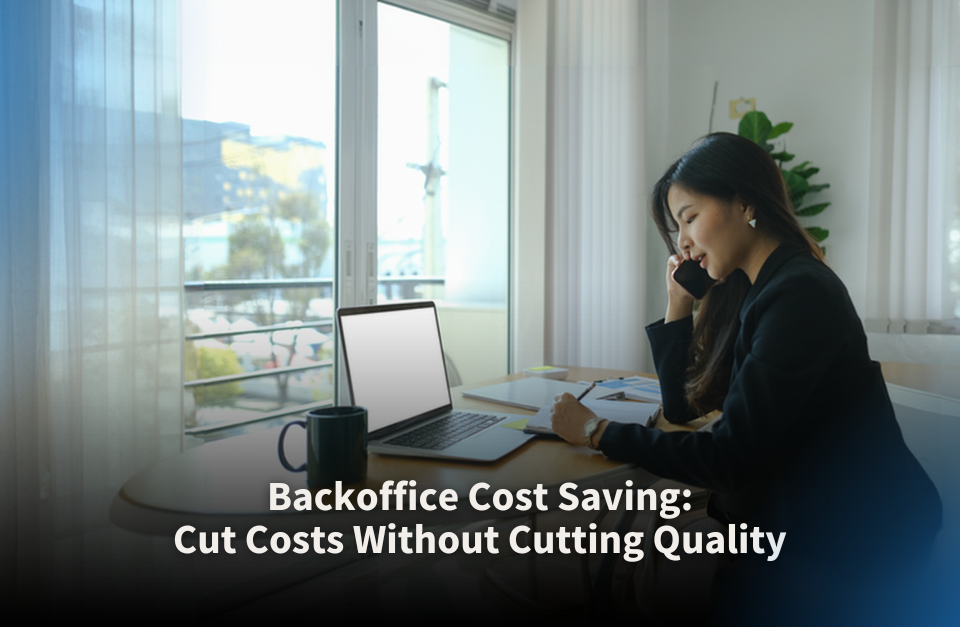Schedule a FREE call with our outsourcing expert now and get a precise quotation that meets your requirements. Don't wait - get started today!
Managing a business means tackling various challenges, and IT issues are often high on that list. For small and medium-sized enterprises (SMEs), having reliable IT support is critical to ensure smooth operations and prevent expensive disruptions. Dependable IT support helps prevent interruptions from technical glitches, saving both time and money. But with so many options available, how do you figure out what’s the true cost of IT support? Understanding the factors that influence these costs can help you make informed decisions that align with your business needs and budget.
IT support costs vary widely based on several factors, including the type of support service, the size of your business, and the specific needs of your operations. Some businesses might find value in an in-house team, while others might benefit more from outsourced or hybrid models. Each option comes with its own set of cost considerations, and knowing these can help you choose the best path for your business.
The Different Types of IT Support Services
Choosing the right type of IT support is crucial for managing costs effectively. Let’s explore the main options available to SMEs.
A. In-House IT Support
Having an internal team dedicated to IT support is a common approach. But is it the most cost-effective?
-
Monthly Cost Considerations
The monthly cost of maintaining an in-house team includes salaries, benefits, and training. This can quickly add up, especially for SMEs.
-
Flexibility and Availability
An in-house team offers immediate assistance, but it may lack the flexibility that outsourced options provide.
B. Outsourced IT Support
Many SMEs turn to outsourced IT support to reduce costs and gain access to specialized skills.
-
Cost Savings
Outsourcing can lead to significant cost savings. You avoid expenses like training and equipment, paying only for what you need.
-
Support Services Varies
Outsourced services offer a range of support options, from hourly rate plans to comprehensive monthly contracts.
C. Hybrid Models
Some businesses prefer a mix of both in-house and outsourced IT support.
-
Benefits of Hybrid Models
Hybrid models allow businesses to maintain a small internal team while outsourcing more complex tasks.
-
Cost Comparison
Comparing the cost of hybrid models with fully outsourced or in-house teams can help find the most cost-effective solution.
Key Factors Influencing IT Support Costs
Several factors can impact the cost of IT support. Understanding these can help SMEs make informed decisions.
1. Support Contract Pricing
What is Included?
Support contract pricing varies depending on the services included. Common elements are 24/7 support, on-site visits, and remote assistance. The more comprehensive the package, the higher the cost, but it may offer better value for businesses with complex needs.
Comparing Vendors
Not all vendors offer the same services for the same price. It’s important to compare multiple vendors to find the best fit for your needs. Consider the scope of services, response times, and customer support quality when making your decision.
2. Hourly Rate vs. Monthly Cost
Hourly Rate
For businesses with occasional IT needs, paying an hourly rate can be more economical. This model allows for flexibility but can become costly if IT issues are frequent.
Monthly IT Support for Small Businesses
A monthly IT support plan offers predictability and often includes a bundle of services. This can be ideal for SMEs with consistent IT requirements. It simplifies budgeting and ensures continuous support without unexpected expenses.
3. Technical Support Depth
Basic vs. Advanced Support
Basic support handles common issues like software updates, while advanced support covers network security and data recovery. The level of support required will significantly affect the overall cost.
Tailored Solutions
SMEs should look for tailored solutions that match their specific needs without paying for unnecessary services. Customized plans can provide the right balance between cost and required support levels, ensuring you get the best value.
Why SMEs Should Invest Wisely in IT Support
Investing in the right IT support can have a significant impact on your business’s success. Here’s why it matters.
1. Cost-Effective Solutions
Investing in cost-effective IT support ensures your business gets the necessary help without overspending. Choosing the right support service can lead to long-term cost savings by preventing issues before they escalate. Reliable IT support minimizes downtime, which can boost productivity and keep your business operations running smoothly.
A study found that businesses with dedicated IT support experienced 30% fewer downtime incidents than those without. This highlights the importance of having reliable IT support in place.
2. Consider the True Value
It’s not just about the price tag. The value of having experienced professionals who can resolve issues quickly should not be underestimated. Quality customer support can save time and money, ensuring that your team gets back to work with minimal disruption.
3. Security and Compliance
Proper IT support ensures that your data is protected against cyber threats. IT support can help SMEs stay compliant with industry regulations, avoiding costly penalties.
Finding the Right IT Support Partner
Selecting the right IT support partner is crucial for the growth and stability of your business. Here’s how to get started.
1. Evaluating Your Needs
Begin by identifying your current IT challenges and future requirements. Consider the scope of services you might need as your business grows. Start by assessing your current and future IT needs. This helps in choosing a provider that can scale with your business.
Questions to Ask
- What is the response time for support requests?
- Is 24/7 support available?
- Are there additional costs for on-site visits?
2. Reviewing Vendor Reputation
Investigate potential providers by checking their reviews, case studies, and client testimonials. A reliable vendor with a strong history in supporting SMEs will offer more relevant services. Look for reviews and testimonials to gauge the reliability and quality of potential IT support providers.
Track Record
A provider with a proven track record in serving SMEs will likely offer the most relevant services for your business.
3. Cost Comparisons
Compare the pricing structures of different IT support providers. Look beyond the basic costs and evaluate the overall value, including response times and customer service quality. Compare the costs of different providers, but also consider the value they bring.
Service Level Agreements (SLAs)
A Service Level Agreement (SLA) is a contract between you and your IT support provider that outlines the level of service you can expect. A well-defined SLA ensures that both parties are clear on expectations, reducing the risk of misunderstandings. Make sure the SLA is comprehensive and includes provisions for regular updates and reviews to adapt to your evolving business needs.
Discover the Real Value of IT Support
Ready to find cost-effective IT support tailored for SMEs? Magellan Solutions offers a range of IT support services designed to meet your unique needs.
Book your FREE 60-minute business consultation today, and let’s strategize how to elevate your operations—NO COMMITMENTS, just results-driven insights! Explore how Magellan Solutions can provide cost-effective IT support, from monthly plans to tailored solutions. Let us help you streamline your IT needs and boost your business productivity.
















